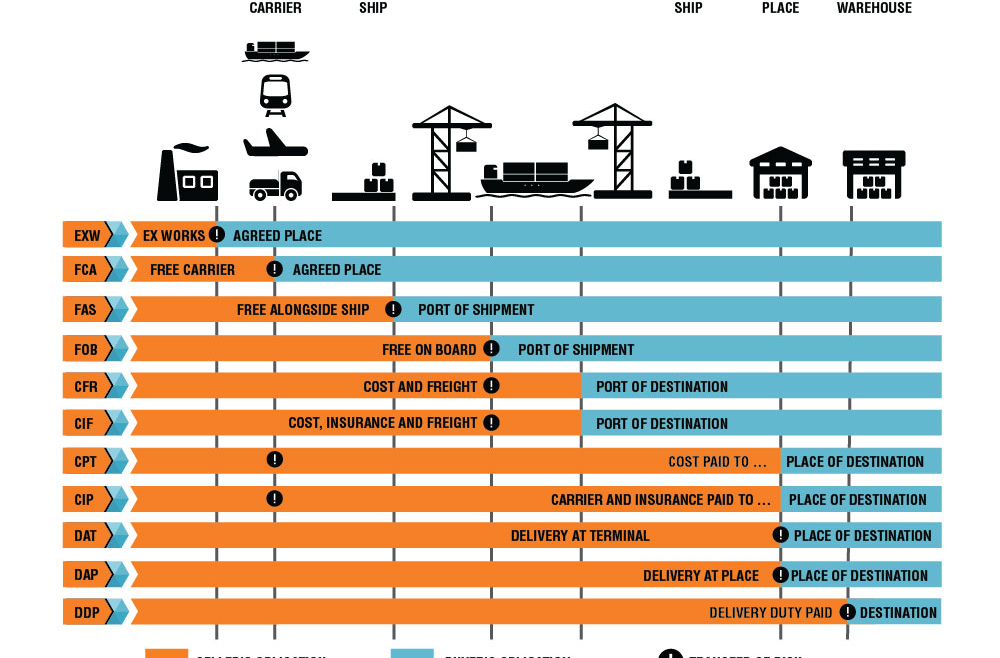Incoterms 2010 – International Commercial Terms
The Incoterms (International Commercial Terms) are a set of globally recognized trade rules published by the International Chamber of Commerce (ICC). These three-letter trade terms define the responsibilities of buyers and sellers in international transactions, ensuring clear communication regarding costs, risks, and logistics responsibilities throughout the transportation process.
Global Acceptance & Purpose
The Incoterms rules are widely accepted by governments, legal authorities, and trade professionals worldwide. They serve to standardize international trade terminology, minimizing misunderstandings that may arise due to varying interpretations in different countries.
First introduced in 1936, the Incoterms rules have undergone multiple updates to keep pace with evolving trade practices. The eighth edition, Incoterms 2010, came into effect on January 1, 2011, refining and simplifying global trade operations.
Incoterms 2010 – Key Changes & Structure
The Incoterms 2010 edition introduced 11 predefined terms, reducing the previous 13 by consolidating and updating trade practices. Two new terms were introduced:
- DAT (Delivered at Terminal) – Replacing DAF, DES, and DEQ
- DAP (Delivered at Place) – Replacing DDU
Unlike previous versions, the Incoterms 2010 terms are categorized based on the mode of transport:
1️⃣ For Any Mode of Transport (7 Terms) – Applicable to all types of shipping, including multimodal transport.
2️⃣ For Sea & Inland Waterway Transport (4 Terms) – Exclusive to maritime and inland waterway trade.
Incoterms 2010 – Rules for Any Mode of Transport
The following seven Incoterms apply regardless of transportation method:
EXW – Ex Works (Named Place of Delivery)
- The seller makes the goods available at their premises (factory, warehouse, or plant).
- The buyer assumes all costs and risks from collection to final destination.
- The seller is not responsible for export clearance or loading unless otherwise agreed.
FCA – Free Carrier (Named Place of Delivery)
- The seller delivers goods to the first carrier at the agreed location, handling export clearance.
- The buyer assumes all risks once goods are handed over.
CPT – Carriage Paid To (Named Place of Destination)
- The seller covers transportation costs to the named destination.
- The risk transfers to the buyer once the goods are handed over to the first carrier.
CIP – Carriage and Insurance Paid To (Named Place of Destination)
- Similar to CPT, but the seller must also provide minimum insurance coverage.
DAT – Delivered at Terminal (Named Terminal at Destination)
- The seller delivers goods to a specified terminal (port, depot, or hub).
- The buyer is responsible for import clearance and further transportation.
DAP – Delivered at Place (Named Place of Destination)
- The seller is responsible for transport up to the buyer’s location, excluding import clearance and unloading.
DDP – Delivered Duty Paid (Named Place of Destination)
- The seller assumes all responsibilities, including duties, taxes, and transport to the final destination.
- The buyer is only responsible for unloading.
Incoterms 2010 – Rules for Sea & Inland Waterway Transport
These four Incoterms apply exclusively to shipments via sea and inland waterways:
FAS – Free Alongside Ship (Named Port of Shipment)
- The seller delivers goods next to the vessel at the specified port.
- The buyer handles loading, freight, and all subsequent costs.
- Suitable for bulk and heavy-lift cargo, not for containerized shipments.
FOB – Free on Board (Named Port of Shipment)
- The seller loads the goods onto the vessel selected by the buyer.
- Risk transfers once goods are on board.
- Used only for maritime shipments, not containerized cargo.
CFR – Cost and Freight (Named Port of Destination)
- The seller pays for transport to the destination port, but the buyer assumes risk once goods are loaded.
- Insurance is NOT included.
CIF – Cost, Insurance, and Freight (Named Port of Destination)
- Identical to CFR, but the seller also provides insurance coverage.
Why Incoterms Matter?
The Incoterms rules serve as a global standard for defining the obligations of buyers and sellers in international trade. By using Incoterms, businesses can:
✔️ Avoid misunderstandings about costs and responsibilities
✔️ Ensure smoother customs clearance and risk management
✔️ Enhance operational efficiency in global trade
For businesses engaged in international transactions, understanding Incoterms 2010 is essential to navigating trade agreements with confidence and clarity.



Leave a reply